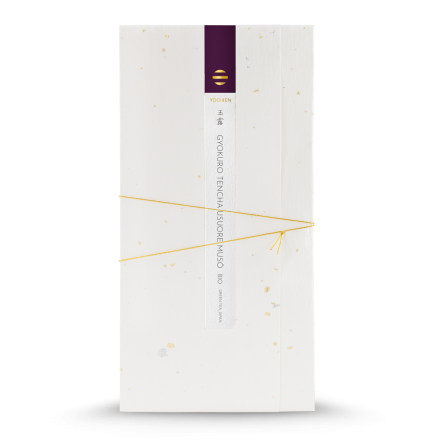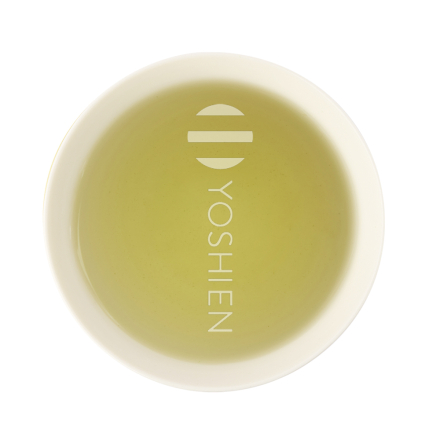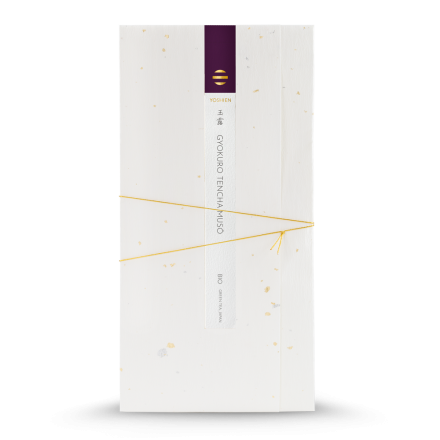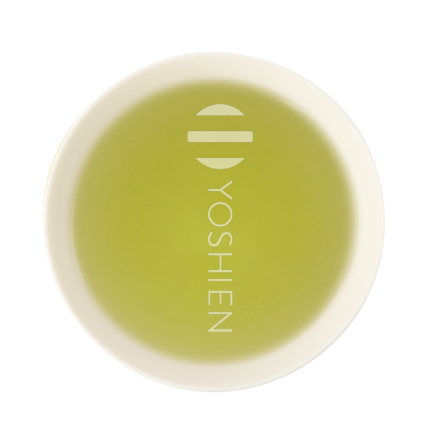Tencha
Tencha tea is the raw material used to produce matcha and, when left unground as a loose green tea, is only very rarely found even within Japan. The tea plants are shade-grown for several weeks prior to harvest, resulting in teas characterised by an exceptionally light, delicate body and a rich, full umami. Our Contest Grade Tencha and Usuore (Tencha stem tea) from Uji come from Japan’s number one organic matcha farmer and are perfect for enjoying as-is or for grinding fresh into matcha.










